Cement is one of the most popular construction materials in Nigeria, and has been extensively utilised in civil engineering works such as building construction, bridges, transport infrastructures, rigid pavements, etc. It is very important for construction professionals in Nigeria to know the current standards and different types or classes of cement we have, and their various suitability for different construction works.
There are three grades or classes of cement in Nigeria, namely grades 32.5, 42.5, and 52.5. These grades corresponds to the minimum 28th day compressive strength of the cement mortar after curing. They are also referred to as cement strength classes of 32.5 MPa, 42.5 MPa and 52.5 MPa respectively. In terms of strength, the classes of cement are 32.5N, 32.5R, 42.5N, 42.5R, 52.5N, 52.5R. The 32.5 category must have strength between 32.5 N/mm2 and 52.5N/mm2, while for the 42.5 grade must have a strength range between 42.5 N/mm2 and 52.5 N/mm2. The minimum strength of the third category is 52.5 N/mm2.
The standard document for cement specification in Nigeria is the NIS 444-1 Cement – Part 1: Composition, specifications and conformity criteria for common cements. This standard defines 27 products in the family of common cement that are grouped into 5 main types (COREN, 2017). The five groups of cement we have in Nigeria are shown in Table 1.
Table 1: Types of cement grade in Nigeria (COREN, 2017)
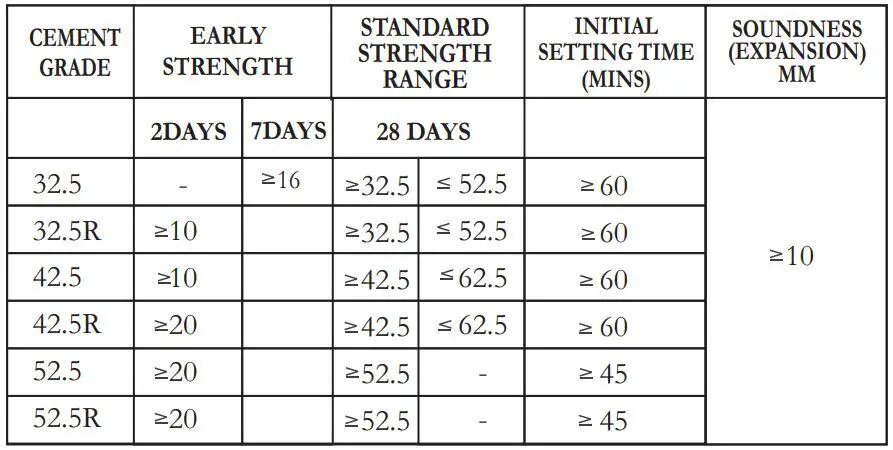
From Table 1, it can be seen that there are three grades of cement in Nigeria, namely grades 32.5, 42.5, and 52.5.The strength classes of cement are 32.5N, 32.5R, 42.5N, 42.5R, 52.5N, 52.5R. As described earlier, 32.5 category must have strength between 32.5 N/mm2 and 52.5N/mm2, while for the 42.5 grade must have a strength range between 42.5 N/mm2 and 52.5 N/mm2. The minimum strength of the third category is 52.5 N/mm2 (Joel and Mbapuun, 2016). These are strengths after 28 days. The appendage “N” refers to a class of cement with normal early strength, while “R” Refers to those with high early strength (Oyenuga, 2014).
It is very important to note that the most common type of cement in Nigeria is the Portland Limestone Cement (PLC) and not Ordinary Portland Cement (OPC). As a matter of fact, OPC conforming to CEM I class of cement is not available in Nigeria’s open market. The cement available in the open market of Nigeria is the Portland Limestone Cement designated as CEM II in NIS 444-1 (2003). PLC is a modified OPC which is produced by adding 6 -35 % of limestone to OPC. It has a lower clinker content range of 65 – 94 % compared with OPC’s range of 95 -100% (Joel and Mbapuun, 2016) It has lower carbon footprint than OPC and is deemed more environmentally friendly.
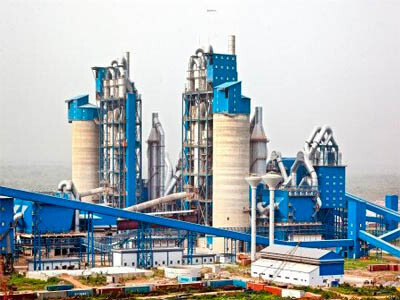
According to COREN (2017), any specified grade of concrete can be produced using any strength class of cement provided appropriate mix design procedure is followed. However, since the year 2014, Standards Organisation of Nigeria (SON) has maintained that grade 32.5 PLC cement should be limited to plastering works, block making, and light concrete works. For water retaining structures, class N cement (normal early strength) is recommended due to their low drying shrinkage that will positively affect the crackwidth of the concrete (Ubani, 2018). Also, high grade and rapid hardening cements may not be too good for plastering works to avoid plaster cracks that might arise from drying shrinkage, especially given the high temperature in Nigeria.
There are many manufacturers of cement in Nigeria, but according to United Capital’s 2019 report, Dangote Cement Plc is the undisputed largest player in the Nigerian cement market. Using installed capacity as a gauge, Dangote Cement Plc is the clear leader wielding 60.6% of the market share with Nigerian installed capacity of 29.3 MMT. Lafarge Africa Plc (10.5 MMT) and BUA Group (inclusive of CCNN) (8.0 MMT) accounts for 21.8% and 17.6% respectively. There is also a fringe player PureChem Industries Limited based in Ogun State with 900,000 MT (United Capital, 2019).
According to Dangote cement’s website, the premium cement is produced in three grades which are 32.5R, 42.5R and 52.5R. They recommended their grade 32.5R for plastering works, low rise buildings and masonry. The other higher grades can be used for high rise structures and mega infrastructures. All Dangote cements available in the open market are Portland Limestone Cement. However Dangote grade 42.5N is available in the market.

From Lafarge’s website, their premium cement brands are Elephant, UNICEM, Ashaka, Elephant Supaset, and Powermax. The exact strength grade of Elephant and Unicem cement is not explicitly stated in their website, but the grade on bag label is 32.5R. They recommended it for medium strength concrete works, suspended slabs, masonry works (block making, plastering, mortar), and reinforced concrete works. All Lafarge cement products in Nigeria’s open markets are also Portland Limestone Cement.
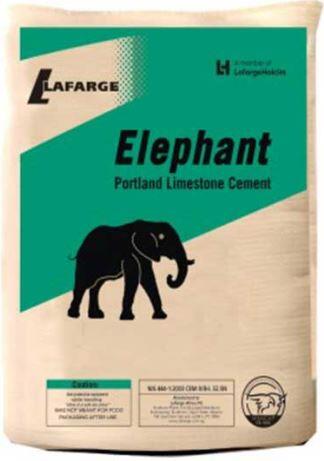
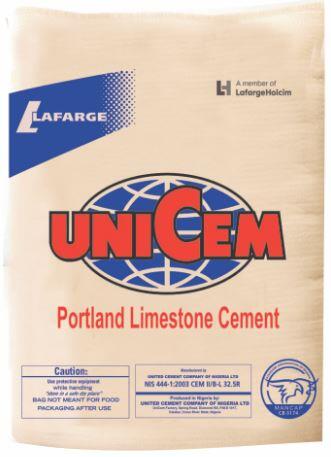
From the label on Elephant Supaset cement, the strength grade is 42.5N, but the information on their website recommended it for block making, precast elements such as poles, culverts, interlocking stones, etc.
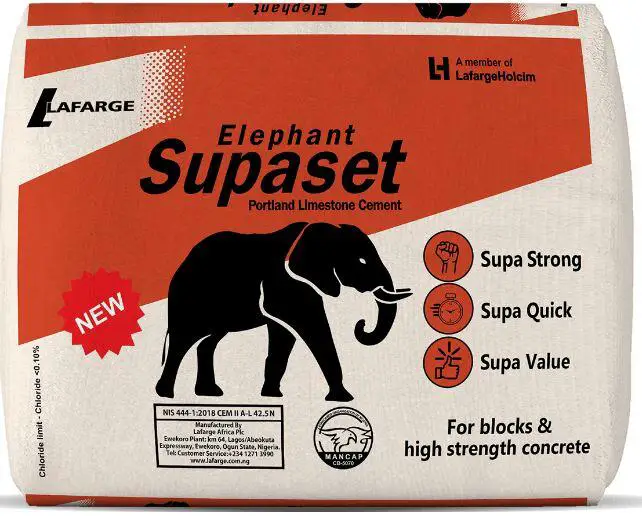
BUA cement is manufactured as grade 42.5R as labelled on their bag. The cement is manufactured as Portland Limestone Cement too.
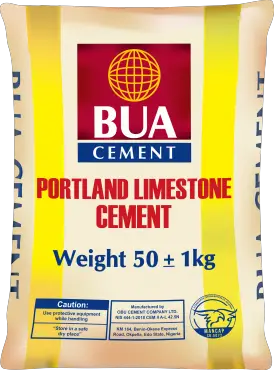
Purechem Cement is manufactured as grade 32.5R cement, and as Portland Lime Stone Cement.
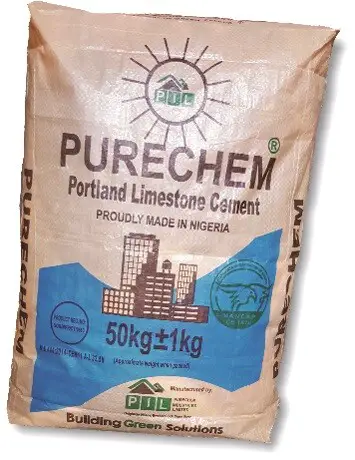
Having known these few specifications, you can select the most appropriate cement grade for your construction work.
References
Council for the Regulation of Engineering in Nigeria (COREN) (2017): Concrete mix design manual. Special Publication No. COREN/2017/016/RC
Joel M., and Mbapuun I. D. (2016): Comparative analysis of the properties of concrete produced with Portland Limestone Cement Grade 32.5N and 42.5R for use in rigid pavement work. Global Journal of Engineering Research (15): 17-25
NIS 444-1 Cement – Part 1: Composition, specifications and conformity criteria for common cements. Standards Organisation of Nigeria.
Oyenuga, V., 2014. Cement not Responsible for Building Collapse in Nigeria. An Editorial in This day Newspapers of 13th May 2014.
Ubani O.U. (2018): Structural Design of Swimming Pools and Underground Water Tanks. Structville Integrated Services Limited, Nigeria.
United Capital PLC group (2019): Nigeria cement sector update – Increasing competition amid long-term opportunities. https://www.unitedcapitalplcgroup.com/wp-content/uploads/2019/09/Nigeria-Cement-Sector-Update-3.pdf

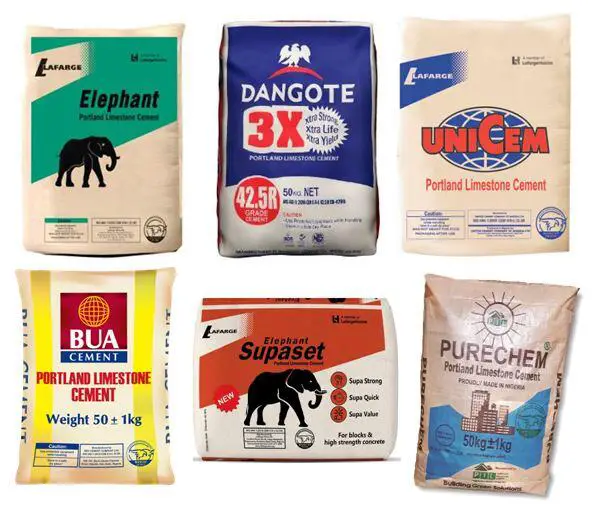



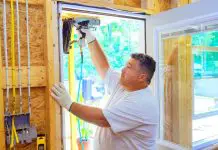
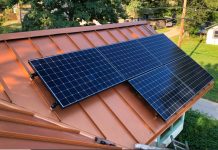


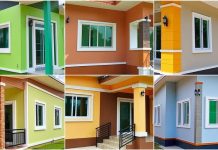
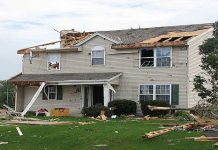
Ordinary Portland cement